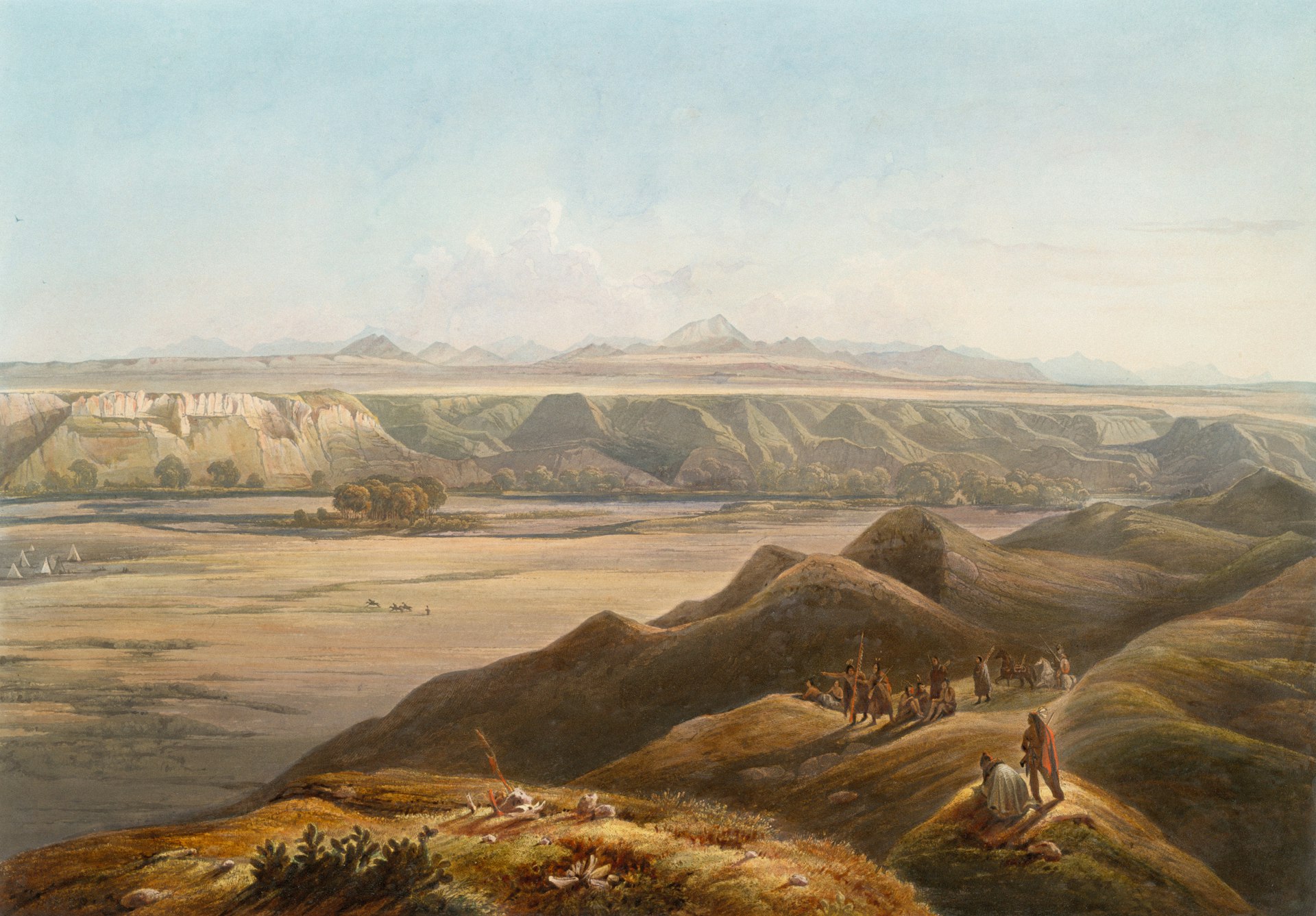How the Internet Has Transformed Historical Research: Opportunities, Challenges, and Practical Guidance

Photo by Tanya Semenchuk on Unsplash
Introduction: The Digital Revolution in Historical Research
The internet has fundamentally transformed the way historians conduct research, offering unprecedented access to digitized archives, primary sources, and advanced analytical tools. This transformation presents both immense opportunities and significant challenges for anyone seeking to reconstruct and interpret the past. Understanding how to leverage these digital resources-and how to address their limitations-is crucial for effective, credible historical inquiry.
The Benefits of Internet-Enabled Historical Research
1. Enhanced Accessibility
The most significant benefit of the internet for historical research is the dramatic increase in accessibility to primary and secondary sources. Researchers no longer need to travel extensively to access archives or rare collections. Institutions like the Library of Congress and the British Library have digitized millions of pages of historical documents, newspapers, and books, allowing users worldwide to access materials previously available only to those onsite [1] [2] [3] . This accessibility has been particularly transformative for researchers in developing nations, who now have round-the-clock access to global sources that were previously out of reach [3] .
Implementation Guidance: To take advantage of this access, begin by identifying reputable digital archives. Use advanced search features available on these platforms to narrow results by date, location, or document type. If you are affiliated with a university, consult your institution’s library website for access to subscription-based databases and digitized collections.
2. Efficiency and New Research Possibilities
Digital technologies have made historical research more efficient. Researchers can now search large document collections using keywords, metadata, and full-text search, saving countless hours previously spent on manual catalog searches [4] . Advanced tools such as data visualization, Geographic Information Systems (GIS), and text-mining software enable historians to analyze trends, map historical events, and interpret data in innovative ways [5] .
Example: Mapping software has allowed researchers to visualize the spread of historical events, such as the progression of pandemics or migration patterns, providing new perspectives that were previously inaccessible.
Practical Steps: Explore platforms like ArcGIS StoryMaps for creating interactive historical maps. If you are new to digital tools, many universities and libraries offer online tutorials or webinars on using research software and digital archives.
Challenges and Limitations: Navigating the Pitfalls
1. Loss of Context and Decontextualization
One of the major drawbacks of digitization is the risk of losing contextual information. Digital sources are often presented as isolated fragments, stripped of their original physical and archival context. This can lead to misinterpretation or superficial analysis, as researchers may not fully understand the provenance or significance of a document [3] [4] .
How to Address This: Always seek out additional metadata and contextual information provided by the archive. If possible, consult finding aids or contact archivists for guidance. When citing digital sources, include as much information as possible about the document’s original context.
2. Quality, Authenticity, and Longevity Concerns
Digitized materials can suffer from poor reproduction quality, transcription errors, or incomplete scans. There are also concerns about the authenticity and longevity of digital archives, as websites may disappear or digital formats become obsolete over time [4] .
Best Practices: When possible, cross-reference digital materials with physical originals or secondary sources. Download and securely store critical documents for your own records. Track citation URLs and periodically check for updated access policies or new digitization efforts by major libraries and archives.
3. Inequality of Access
Despite broad improvements, access to digital resources is not universal. Paywalls, subscription fees, and uneven internet availability still limit access for many individuals and institutions [3] .
Alternative Pathways: If you encounter paywalls, consult your local or university library, which may offer institutional access. Many national libraries and archives offer free digitized collections; search the official websites of institutions such as the Library of Congress or the British Library. For global research, UNESCO and national research councils often provide open access to digitized historical materials.
Step-by-Step Guide: Leveraging the Internet for Historical Research
- Identify Your Research Topic and Questions Start with a clear research question. Define your time period, region, and type of source material needed.
- Compile a List of Reputable Digital Archives Visit established digital collections such as the Library of Congress ( https://www.loc.gov/ ), the British Library ( https://www.bl.uk/ ), and national or university archives.
- Use Advanced Search Tools Leverage keyword searches, filters, and metadata to narrow results. Many archives provide tutorials on effective search strategies.
- Download and Organize Sources Save important documents in organized folders. Maintain a log of source URLs and citation information for future reference.
- Analyze Sources Critically Evaluate the credibility, context, and authenticity of each source. Cross-reference with secondary literature and, when possible, consult the physical archive.
- Stay Informed About Updates Sign up for newsletters or alerts from major digital archives to learn about new collections and improvements.
Case Study: The Transformation of Historical Research in Nigeria
The impact of digitization in developing countries is particularly noteworthy. In Nigeria, researchers previously faced significant barriers to accessing Western archives. The digitization of historical materials has enabled Nigerian scholars to participate in global research and contribute new perspectives [3] . Surveys at institutions like Covenant University and Delta State University have empirically confirmed the vital role of the internet in facilitating historical research.
Ethical and Methodological Considerations
Historians must remain vigilant about the ethical use of digital materials. This includes respecting copyright, accurately citing sources, and acknowledging the limitations of digital reproductions. Methodologically, researchers are encouraged to blend traditional archival skills with digital literacy, ensuring that digital research enhances-not replaces-critical analysis and contextual understanding [4] .

Photo by David Fagan on Unsplash
Summary and Key Takeaways
The internet has revolutionized the practice of historical research, granting access to vast archives, enabling new analytical methods, and democratizing participation. However, it also introduces challenges related to context, quality, access, and authenticity. By approaching digital sources with a critical mindset and leveraging institutional resources, researchers can maximize the benefits while mitigating the risks associated with internet-enabled historical research.
References
- [1] Library of Congress (2024). Digital Collections and Services.
- [2] British Library (2024). Online Catalogs and Digital Archives.
- [3] Perspectives on Africa (2013). Impact of the Internet on Historical Research.
- [4] International Journal of Humanities and Cultural Studies (2019). Historical Research in the Digital Age: Opportunities and Challenges.
- [5] Arimaanokku Journal (2024). Impact of Technology on Historical Research.
- [6] ArcGIS StoryMaps (2024). Interactive Digital Mapping Tools for Researchers.



